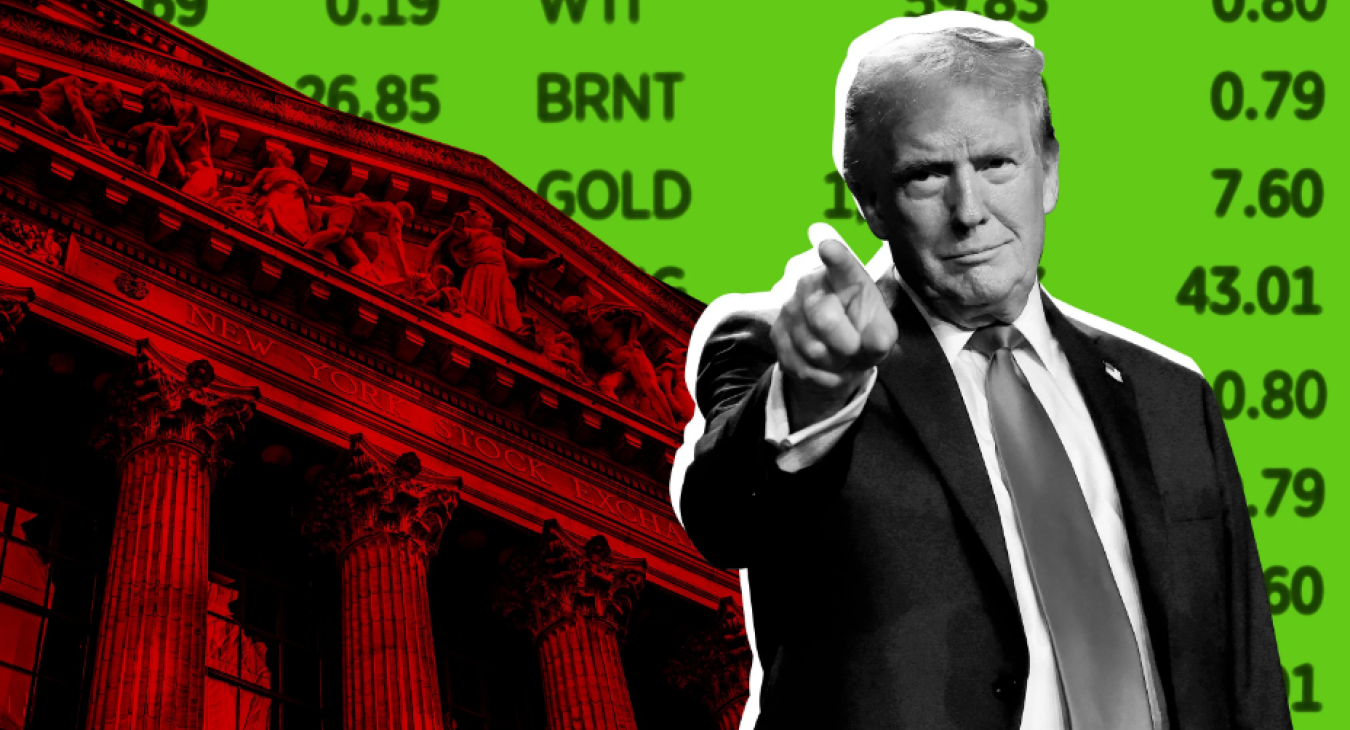While Donald Trump's potential tariffs are being discussed in Canada, the real problem for the country is the loss of investment. Companies prefer to invest in the US, taking advantage of tax breaks and lower regulatory barriers.
Apple recently announced a $500 billion investment in the US economy, and Saudi Arabia is investing another $600 billion. Meanwhile, Canadian company Irving Paper is forced to close half of its production in New Brunswick due to rising energy prices, but at the same time it is expanding its capacity in the US by $600 million.
Economist Philip Cross notes that Canada's main problem is its anti-entrepreneur culture. According to him, the threat of tariffs is not as dangerous as the fact that the US is becoming more attractive to business by reducing taxes and regulations.
The US is attracting investment, Canada is losing it
Trump continues the policy of cutting taxes, reducing regulations and developing the energy sector. He created a special White House council on "energy dominance" and has already signed a number of executive orders to stimulate the industry.
American business optimism is growing: according to The Conference Board, the US CEO confidence index rose by 9 points in the last quarter, exceeding 60 for the first time since 2022. At the same time, uncertainty in Canada is breaking records: the economic instability index rose from 200 at the beginning of 2024 to 868 in December.
Canada is lagging in productivity
According to the Bank of Canada, by 2022, labor productivity in the country fell to 71% of the US level, and the gap continues to widen. Investors are wary of high taxes, complex environmental regulations and bureaucratic red tape.
Canada remains attractive due to its educated workforce, stability and natural resources, but if the situation does not change, the country may lose important investments. Even Canadian companies are already investing in the US instead of developing domestic production.
Energy in crisis
Canada's oil and gas sector continues to lose ground. From 2014 to 2023, investment in the industry fell from $76 billion to $35 billion. The reasons are strict regulation, the abandonment of key pipeline projects, and controversial environmental standards.
While Europe is looking for alternative energy sources due to the conflict with Russia, Canada is losing opportunities. Justin Trudeau has abandoned the construction of an LNG terminal for export to Germany, saying that “clean energy” is more important.
Trade war: how dangerous are tariffs?
If Trump imposes 25% tariffs on all Canadian goods, the country's economy will lose 2.5% of GDP in the first year and another 1.5% in the second, the Bank of Canada predicts. However, experts doubt that the tariffs will remain in place for long, since they will also negatively affect American consumers.
What should Canada do?
Experts offer several solutions:
- Cut taxes and regulations to make the country attractive for business.
- Develop the energy sector and build pipelines for export.
- Remove barriers to interprovincial trade - this could increase GDP by 3.8%.
- Review environmental policies so as not to put businesses at a disadvantage compared to the United States.
According to Philip Cross, if Canada does not change its economic policy, the outflow of investment will become irreversible.
